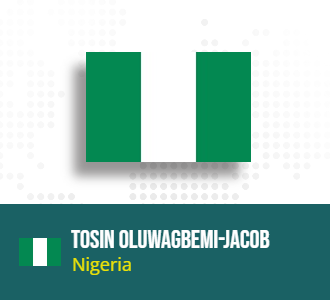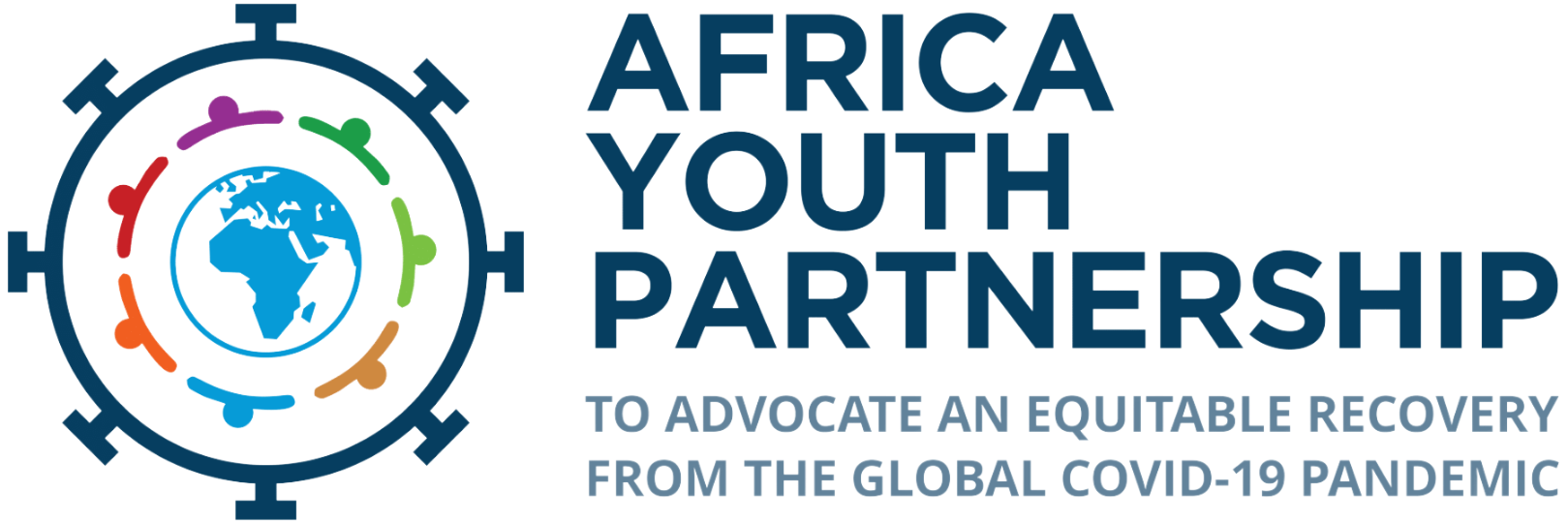Patience is the winner of the Youth Innovation Challenge in Ghana.
INNOVATION MARKETPLACE
NIGERIA

![]()
BRIEF OF SUBMITTED SOLUTION
The FREE tribe is a non-profit initiative focused on addressing family needs and reproductive health needs, especially amongst vulnerable persons (orphans, widows, street children, etc.) at the individual, relationship, and community levels. The word FREE stands for Family and Reproductive health Emancipation and Empowerment, and is combined with the word ‘tribe’ to break the conventional formalities of non-profits, and foster a sense of community and belonging.
The idea is to improve knowledge, perception, and attitudes to family and reproductive health, while fostering sustainable changes in health behaviours. This would be achieved, specifically through the use of awareness and empowerment programs in physical and virtual spaces; and through the establishment of FREE tribe communities, which will also be set up in physical and virtual spaces, to improve engagement, community participation, service user empowerment, monitoring and evaluation, and re-intervention strategies.
In today’s world, the problem isn’t the systematic identification of health problems or the development of means to solve these problems, but the ineffectiveness of strategies being employed to do so. I will begin this initiative in Ibadan, Oyo state, the largest city in West Africa. This is because of the intervention gap noted in the family and reproductive health sector, where several initiatives have focused efforts on doing for and not with the target populace. This has consequently led to inequities in health, a poor understanding of rendered help, poor motivation and drive, a lack of ownership, and an increased chance of slipping back into forfeited habits, thus compounding the problem. In fact, the popular one-off approach to interventions; downloading weighty information on a target population, dispensing outputs (drugs, condoms, pamphlets, etc.) and then, leaving these persons to the vastness of confusing information, is another problem the FREE tribe seeks to address. For some other initiatives, an extra step of coming back at a later time to evaluate the impact of their program is taken, but even this is highly unsustainable, and responsible for the extremely slow improvements in health, especially in sub-Saharan Africa. It is because of these poor implementation practices that we have several wasteful projects cutting across the same field with scarcely any sustainable results.
The FREE tribe proffers an ideal solution where external help is received, cultivated, monitored and evaluated, modified, owned, and consequently replicated in one’s relationship circle- thus, ensuring sustainable changes in health behaviours. It is not an easy feat, but is achievable with the required resources, innovation, and drive.
The created physical and virtual spaces (FREE tribe communities) responsible for this, will operate on the background of information dissemination, support group systems, capacity building (knowledge and skill acquisition), innovation fostering and sponsorship, and mentorship programs. The virtual space for engagement would be limited to social media platforms and a helpline for counselling and referral, while the physical space for engagement would comprise physical, social and mental support and integrations into communities, schools, workspaces, and health care facilities, in the form of clubs/communities (daughter cells of the initiative). These clubs will be led and operated by the benefactors (youth, adolescents, and adults) of these institutions, fostering advocacy, leadership, self-drive and ownership, peer-to-peer counselling and support, open-conversations and self-driven initiatives, while the parent body of the initiative (the FREE tribe) takes an administrative role in supporting and guiding its daughter cells.
In essence, these processes will eventuate in a vibrant and empowered community of individuals, with improved knowledge, perception, and attitudes (behaviour change) towards family and reproductive health; who will serve as flag bearers, catalysts, and replicators of the experienced behavioral change. The lifelong procedure will ultimately help people navigate through health inequalities and inequities, gender inequities, health service utilization, sociocultural misconceptions and poor practices – leading to a complete emancipation and empowerment in family and reproductive health.

SECTOR
Health and Wellbeing, including Vaccines, Innovation and Entrepreneurship, Gender.

IDEA
A non-profit initiative focused on addressing family needs and reproductive health needs, especially amongst vulnerable persons (orphans, widows, street children, etc.) at the individual, relationship, and community levels.

